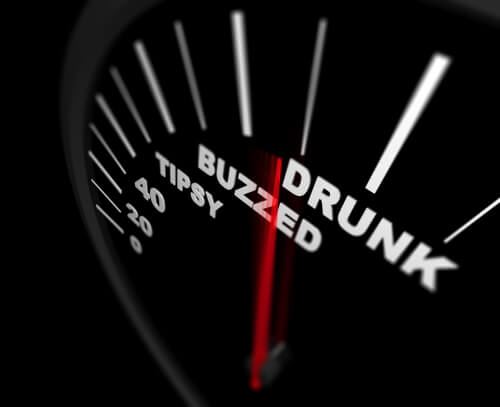In Connecticut, if a driver has had their license suspended for refusing or failing a chemical alcohol test, operating a vehicle under the influence of alcohol or drugs, vehicular assault, or vehicular manslaughter, they will be required to install an Ignition Interlock Device (IID) on their vehicle before they can have their license reinstated. Below are some of the most frequently asked questions about IIDs.
What is an Ignition Interlock Device?
An IID is a breathalyzer that is designed to prevent a vehicle from starting if the breath sample returns a result above a pre-set state limit. If the driver blows over the legal limit, they will not be able to drive.
Do I have to pay for the Ignition Interlock Device?
Yes, in Connecticut, participants in the IID program are responsible for paying all costs related to the installation and maintenance of the device directly to the vendor. There are also administrative fees associated with applying for an IID, as well as fees required with the application to have a driver’s license reinstated.
Do IIDs really work?
Data shows that Ignition Interlock Devices reduce the rate of recidivism (repeat offenses) by up to 67%. The devices allow people to continue to drive safely and legally after a DUI.
Will an IID damage my vehicle?
No, IID devices will not damage your vehicle.
Can I start my vehicle without taking a breath test?
No, the vehicle won’t start without a breath sample. Any attempt to tamper with the device will be recorded and may result in further penalties.
Are other people allowed to drive my car?
Yes, any licensed driver is allowed to drive your vehicle, but they must also submit a breath sample in order to start the vehicle and randomly while they drive. It is recommended that you keep a log of who drives your car and when because you will be held responsible for any information in the log.
Further Reading:
If you’re facing a conviction, contact us to speak with an experienced Connecticut criminal defense attorney today!
Related:






